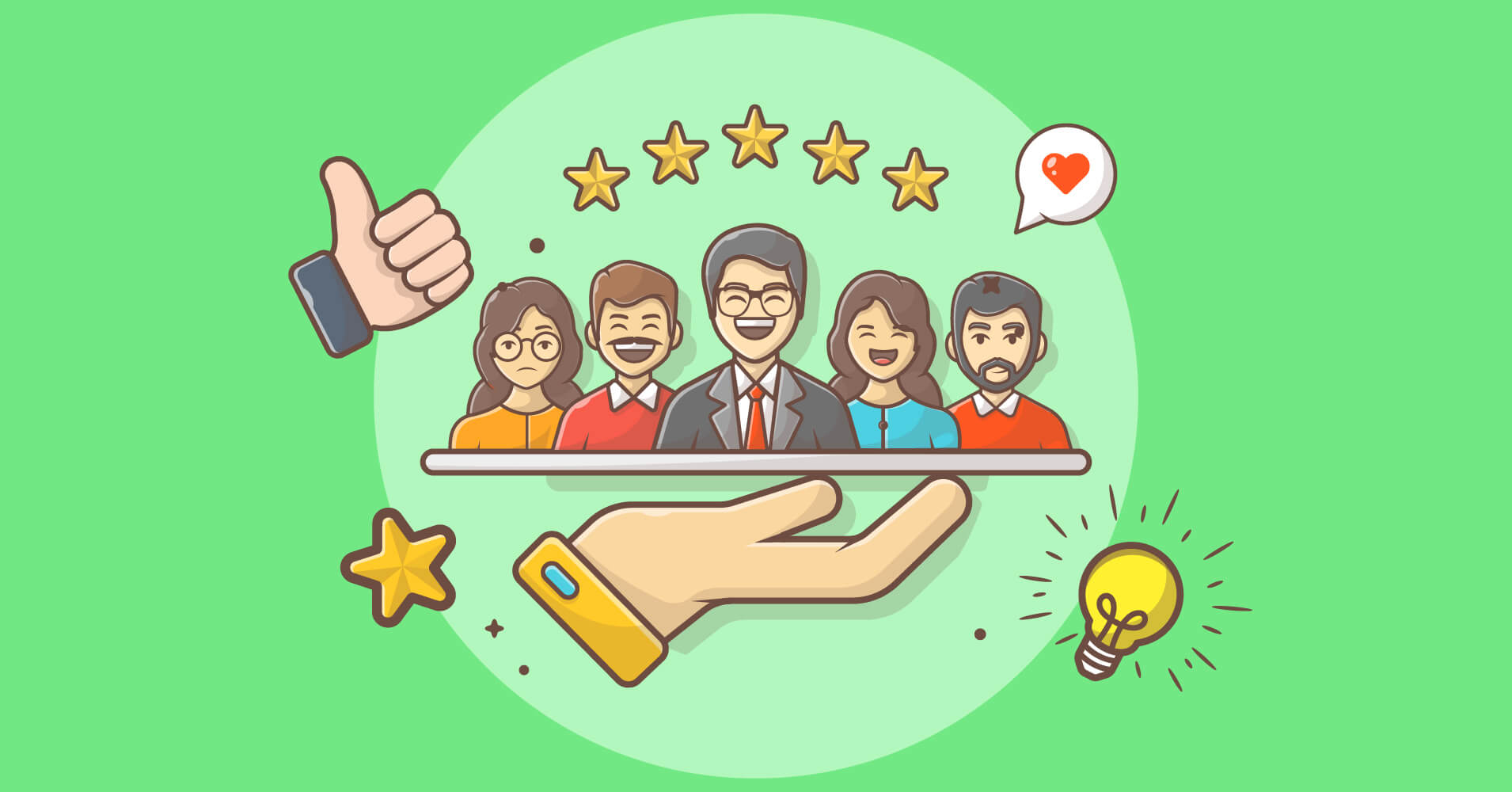
Different Types of Customers for any Business
By Rasel Siddiqe
May 11, 2022
Last Modified: November 13, 2025
No two customers are alike. That’s a fact. No matter what the business you always need to keep in mind the types of customers you are catering to. While customers may come to your business with similar or comparable needs they might have completely different motivations.
Knowing your customers is essential for any strategy. Your customers are the lifeblood of your business. Hence, it’s a good idea to invest in understanding them.
This article is going to be all about the types of customers that you as a business need to be familiar with. Furthermore, we’ll look at how to communicate and support the different types of customers.
Why you need to know the types of customers?
Customers come in all shapes and sizes. As a business, it’s your responsibility to customize your policies to accommodate each and every one. Don’t get us wrong here, not every customer is going to be worth the same effort. So how do you target the right ones?
That’s the reason you need to have a clear understanding of customer types and develop strategies accordingly.
Other benefits of knowing the various types of customers include,
Easier personalization
Understanding the different types of customer you’re dealing with helps you alter your strategies in real-time. This goes a long way considering that a repeat customer certainly doesn’t deserve the same treatment as a fresh customer.
Personalization is how you help customers feel valued. It’s impossible to execute without knowing exactly who you are dealing with. In a 2020 study by SalesForce, they reported that 97% of marketers included in the survey found personalization to be a key factor in improving business outcomes. Classifying customers makes personalization easier to execute.
Simpler evaluations
When you have a clear idea about who you’re dealing with, evaluating your efforts becomes simpler. It’s quite obvious that every customer will have a different takeaway from your tactics. Having customers classified into types helps you anticipate their reactions with accuracy.
If an email or a service message isn’t catered to the type of customer receiving it, the outcomes will be poor for very obvious reasons. Moreover, you can evaluate every facet of your strategy and evaluate it against every type of customer.
Metric driven strategies
When developing strategies for higher revenues it’s important to take into account the target group of customers. Knowing the different types of customers allows you to pinpoint which part of your strategy isn’t hitting the right spot.
Instead of scrapping the whole strategy, you can identify which type of customer is not reacting to your strategy as expected and only improve strategies for that type.
For instance, your upsell strategy on support queries might work on repeat buyers. On the other hand, the same strategy will not work for fresh customers that are yet to develop an opinion about your support policies. Trying to upsell to someone who isn’t sure about your services will never bring expected results.
Having distinct types of customers lets you evaluate your customer support metrics and customize your customer support strategies for better results.
Better relations and retention
Personalization is also the building block of customer trust. It shows customers you are aware of who they are and what they expect from your business. This plays a huge role in driving rich customer experiences and improves customer retention.
Customers who know you have their best interests at heart are more likely to complete the buyer’s journey with your brand. Further increasing sales and revenue. To make the most of personalization techniques, making clear distinctions among different types of customers is essential.
Turn expectations into habits!
Offer the best support your customers have ever seen! Pair up your support agents with the simplest help desk.
Different types of customers
Now that you know why it’s important to know the different types of customers, let’s check out what they are. We’ll also look at strategies to handle them effectively.
New customers
One customer well taken care of could be more valuable than $10,000 worth of advertising.
Jim Rohn
Fresh customers that just started off with your business are the first type on our list. Every time a new customer connects with your business you can assume they’ve found something worthwhile in your proposition. So what would be the point of giving them sales-oriented onboarding?
They just bought what they needed. Usually, that’s a good indicator that they won’t be purchasing the same thing any time soon. At that point, they would actually like to know how good your support efforts are. How easy it is to ask for help, how competent the agents are, and whether the support system is effective are going to be their prime concerns.
When handling new customers these are the aspects you need to care about the most. Being able to talk to you about their pain points and getting solutions or improvements can mean the difference between turning new customers into loyal ones or ones that leave.
Impulse customers
Customers buy for their reasons, not yours.
Orvel Ray Wilson
Impulse customers are those who weren’t actively on the market to choose products. Rather they make purchasing decisions based on unique propositions such as special discounts or the fear of missing out (FOMO).
Instead of your product’s value proposition or need, the key factor here is timing and interest. If an offer is lucrative enough they will buy without hesitation. While this makes up for better sales it also makes up for a customer pool who don’t know what to expect from your business.
It’s really important to identify these customers and develop a unique strategy to onboard them. Since these customers are less read up on the offerings, you need to help them appreciate the product with good onboarding resources. Sometimes convenience outweighs features, especially in the case of impulse buyers. So if you can make them feel that their impulse buying decision was a good one, they’ll stick with your brand even if your product isn’t the best.
That’s the power of personalized onboarding based on the type of customer you’re dealing with.
Angry customers
Your most unhappy customers are your greatest source of learning.
Bill Gates
People get frustrated by the smallest of things. Frustration can quickly turn to anger when things aren’t going right. Before you know it, you’ve got an angry customer yelling at all the agents. We’ve faced our fair share of angry customers to know, it doesn’t feel great.
Angry customers can be from one-time buyers to loyal advocates and everything in between. When handling an angry customer the first thing you need to do is find out what is upsetting them. In most cases, it’s a recurring issue that has ruined their experience with your brand and is now looking for either a decisive solution or a refund.
Never lose your temper with these types of customers. The only sound way to handle them is to understand what they are irritated about. If the customer complaint is legit you should offer consolation first and then move on to offer a solution. If it’s not well then you have to employ some stellar diplomacy to shake off their intimidation tactics.
The last thing you want to do with the types of customers is to agitate them further to the point of no return. You never know when they’ll unleash all their frustration towards your brand on social media. A bad review is all it takes to null the efforts of your marketing and sales teams.
That being said, remember that no customer should feel comfortable humiliating or demeaning your support agents. Protecting agents from abusive customers is part of a support manager’s job.
Insistent customers
The key is to set realistic customer expectations and then not to just meet them, but to exceed them—preferably in unexpected and helpful ways.
Richard Branson
Insistence is a trait and not just a behavioral quirk. That is a fact. You’ll find insistent customers with the wildest of claims in your support channels. Do not lose your head over them.
Insistent customers can come in all shapes and sizes. Maybe they’ve bought the product and want extensions or free support, while others might ask for impossible discounts in order to make the purchase.
It’s crucial to identify these customers because regular tactics just won’t cut it with them. If you are facing such a customer, keeping your head cool is the first step. Next, you need to carefully listen to what they are saying.
If the task isn’t too ridiculous you can choose between practical solutions. If it is, well then you need to go on a hardline approach. That being said, you can’t be rude or inconsiderate in any way. Saying no to customers is something businesses want to avoid but it’s just not possible with every customer. If you’re not good at it, you should definitely invest in developing this.
Insistent customers create a dubious situation sometimes. Being able to convince them and manage their expectations is a crucial customer service skill.
Loyal customers
Loyal customers, they don’t just come back, they don’t simply recommend you, they insist that their friends do business with you.
Chip Bell
Loyal customers are the least likely to be lost but also really hard to build. Loyalty among customers is defined by advocacy. When a customer is fully satisfied doing business with you they become a node.
While it’s always important to follow and highlight what they say about your brand, they should never feel taken for granted. As the 80-20 ratio goes, 20% of your customer pool is responsible for nearly 80% of your revenue. This is what loyal customers do. They don’t just purchase for themselves. They create new customers for you simply by sharing the experience they had with you.
In a customer support setting, it’s crucial to identify loyal customers as early as possible. Agents not only need to make them feel welcome but also valued. The time a customer spends doing business with you needs to be acknowledged at every step.
The practicality is in the fact that customers become loyal when you offer them a satisfying experience. Loyal customers become full-blown advocates not when they are satisfied but rather when they are confident in your services.
Recommending a business is not just about your reputation, it’s also about the customer’s reputation. When your business offers a sustained quality experience over a long period of time it translates into reliability. This reliability is what gives customers the confidence to recommend your business to others. So a long-term recurring customer isn’t just a customer anymore.
Wrapping Up
These are just the basic types of customers you’ll face during your customer support endeavors. Some won’t fit the bill while others might fall in with multiple types. Each requires a different touch from your agents.
The best you can do is keep track of these basic approaches. For long-term reliability, it’s good to invest in a CRM system that connects with your support system. This helps agents stay up-to-date on each customer’s past interactions.
A well-written note on an angry customer profile can make all the difference for a new agent.
Until next time, happy serving!
Start off with a powerful ticketing system that delivers smooth collaboration right out of the box.





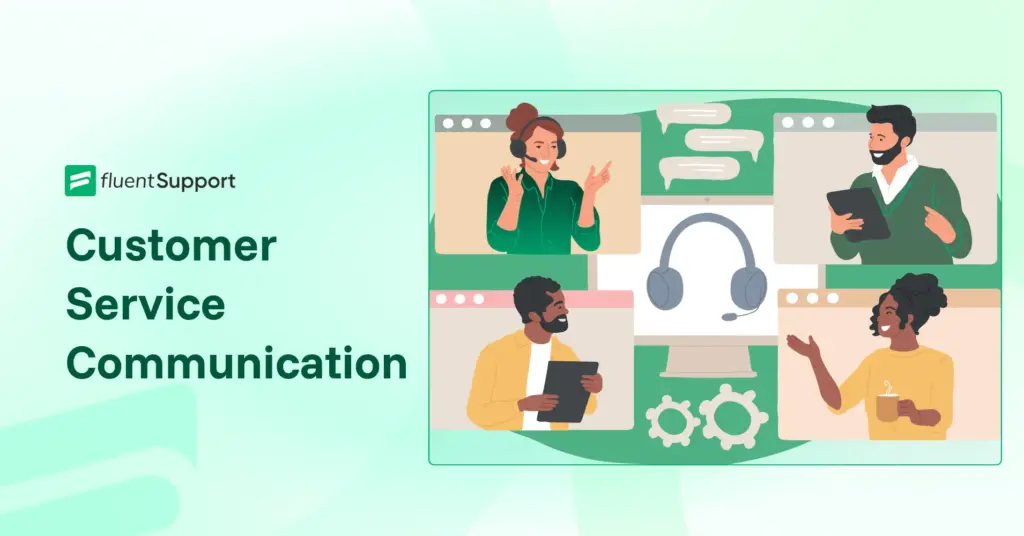
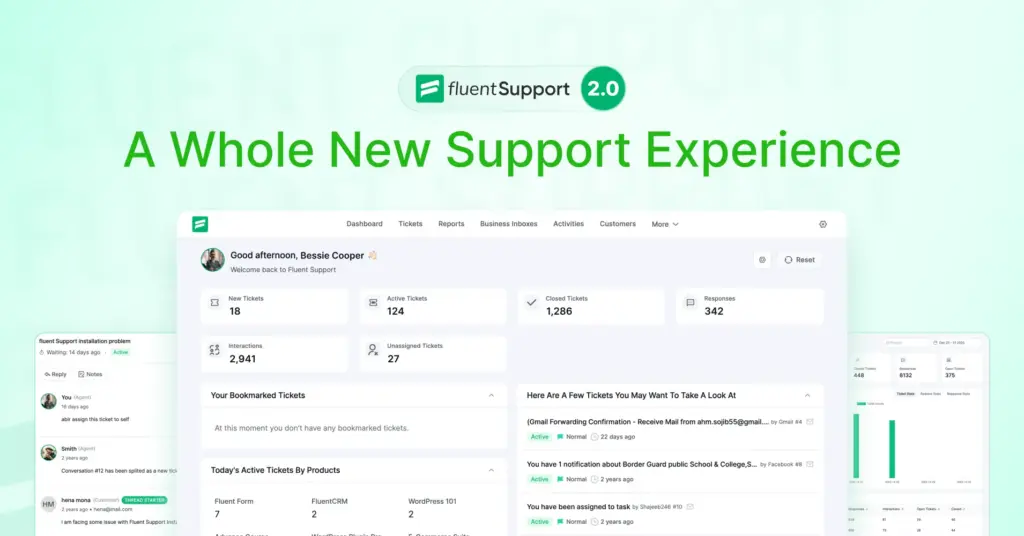
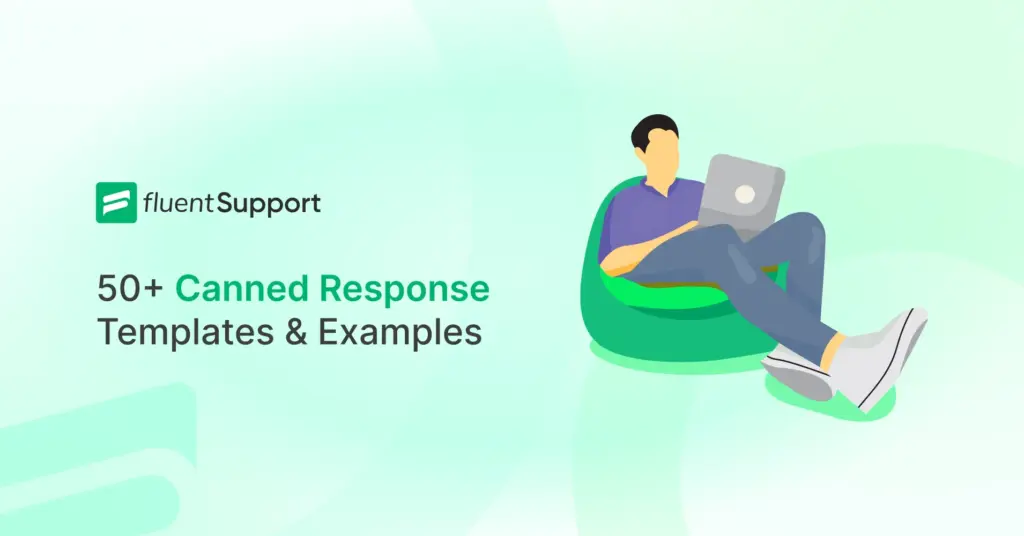
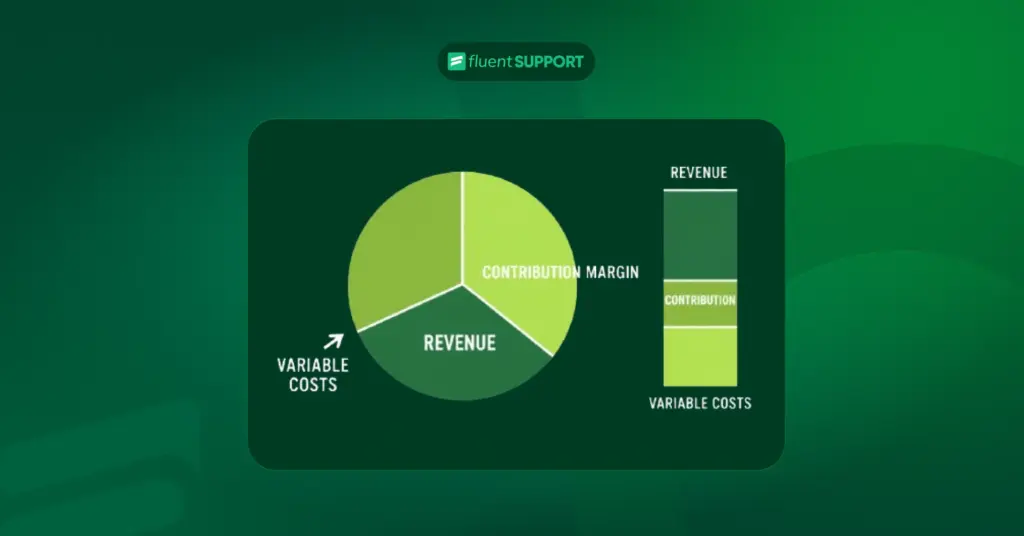
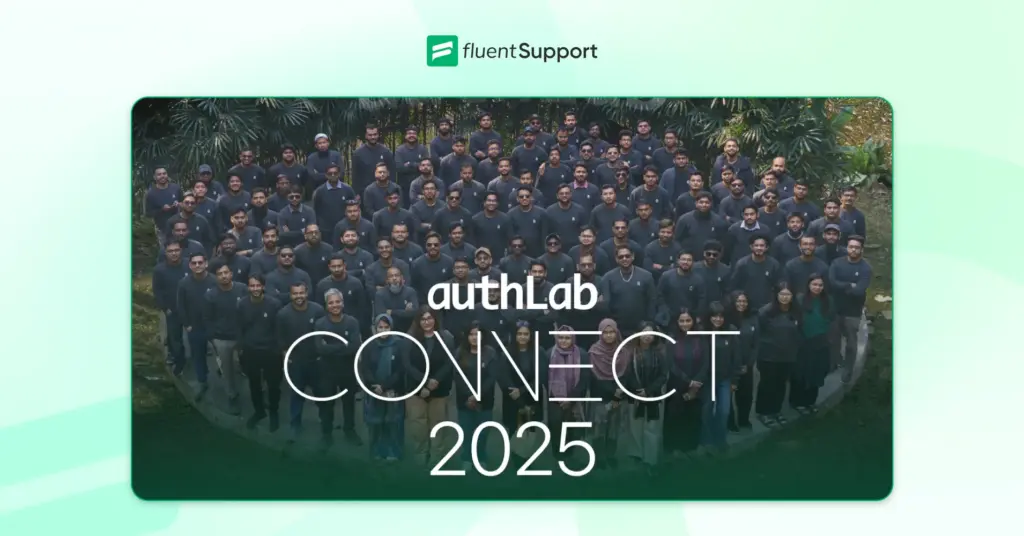
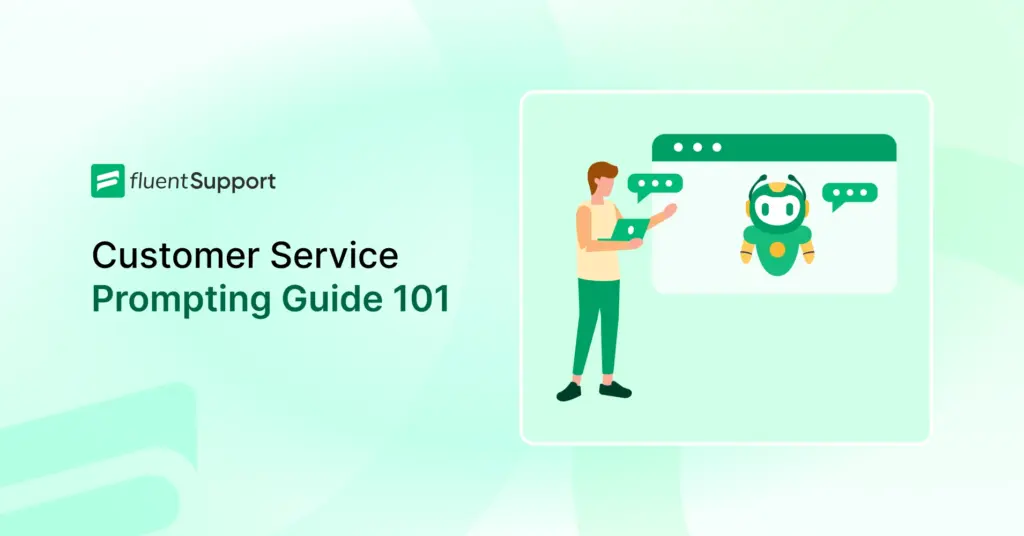

Leave a Reply